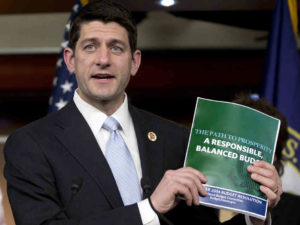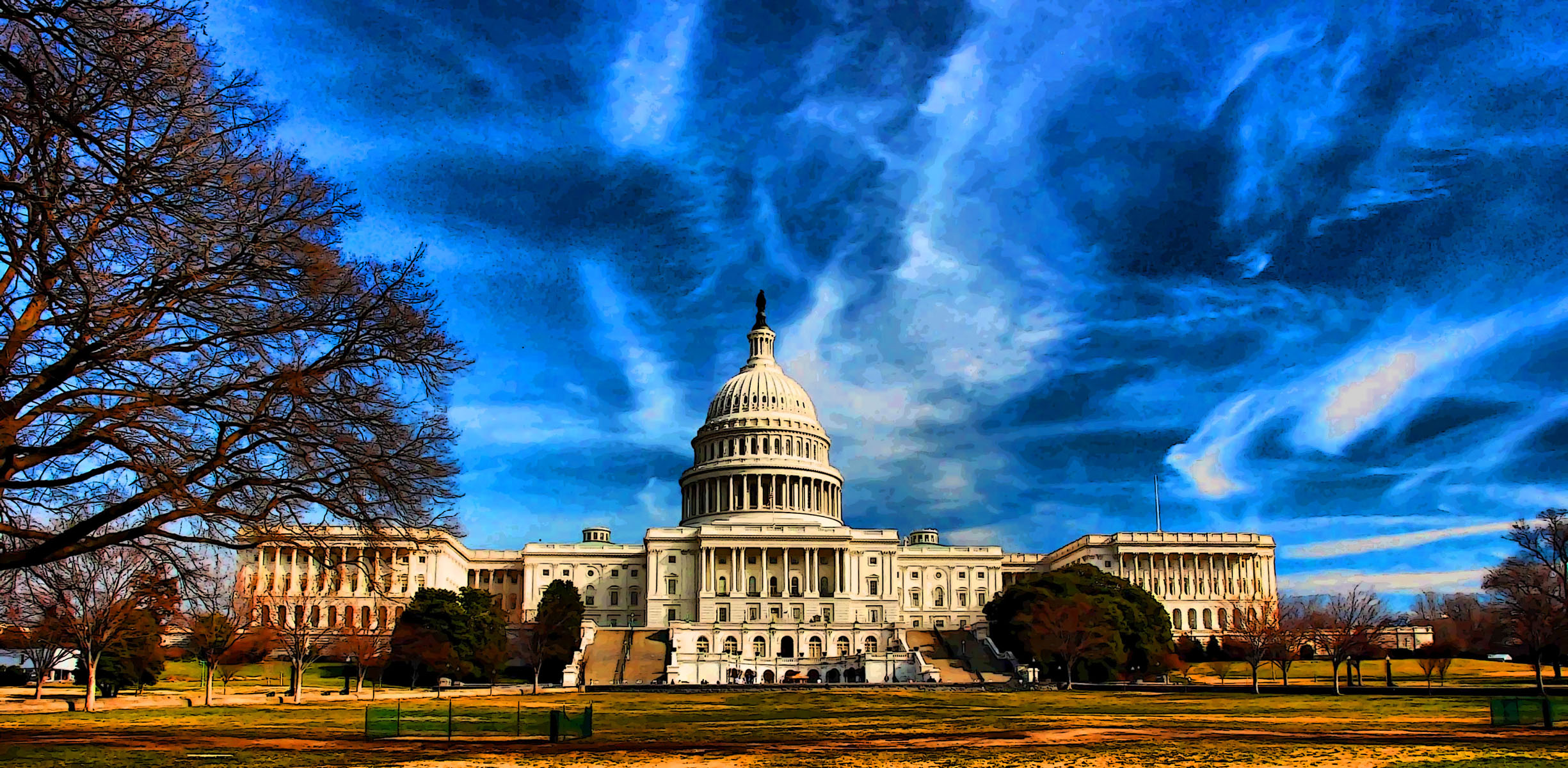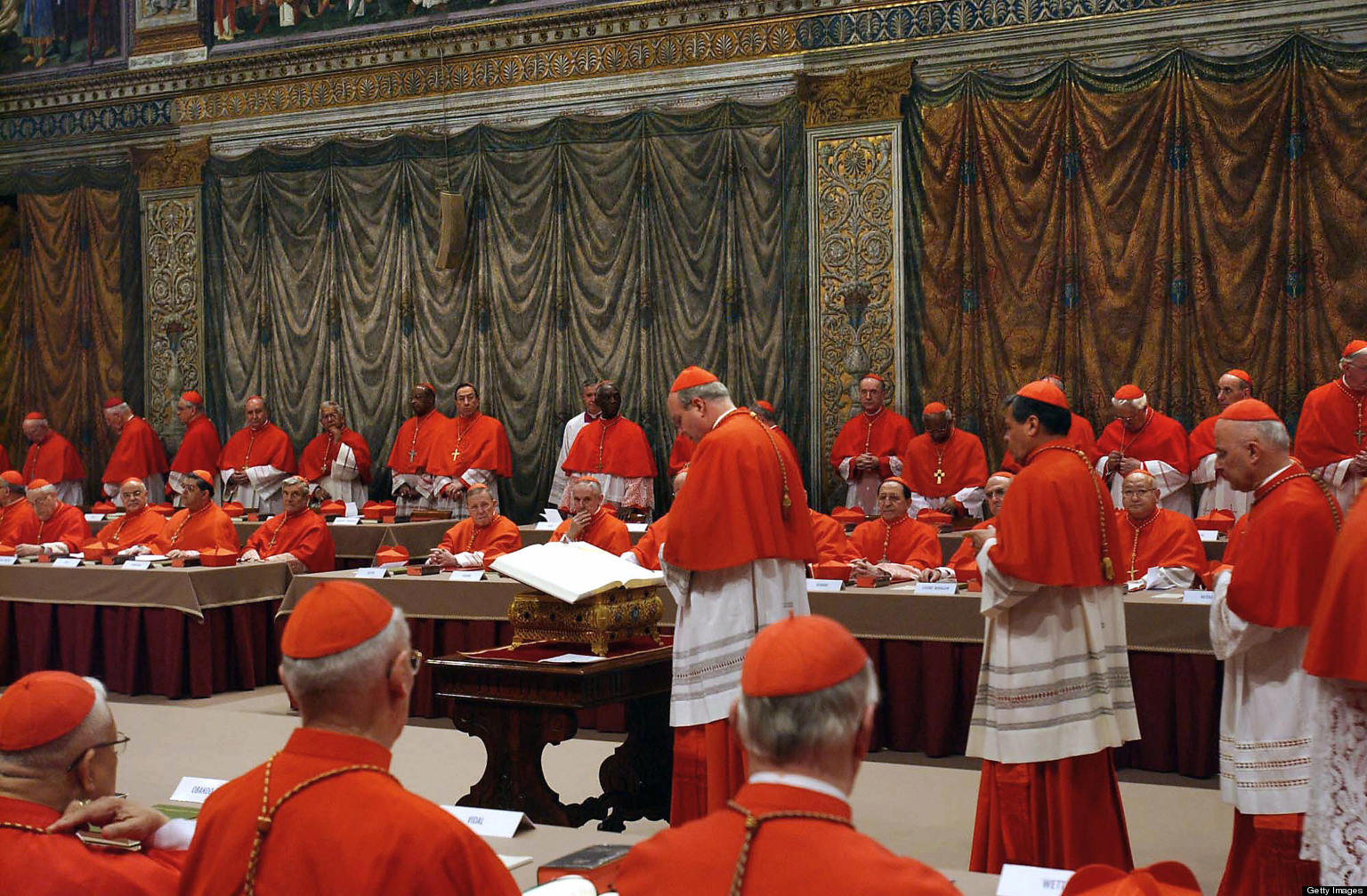WEST LONG BRANCH, N.J. – 2013 has been a rather eventful year in terms of political affairs. The fundamental ideals of the American democracy were challenged and assessed in the past twelve months with the implementation of universal healthcare, multiple filibusters and crucial Supreme Court rulings.
There were some major events that contributed to the political temperament of 2013. The first occurred in early January when John Boehner was reelected as the Speaker of the House of Representatives. Though Boehner was able to garner the majority of the Congressional votes, his reelection exposed the various dissensions within the Republican Party. Right wing Republicans did not support Boehner because of his acceptance of the Senatorial fiscal cliff deal; their opposition to the deal stemmed from the fact that it did not cut government expenses by a significant amount. On the other hand, Boehner was never fully supported by his fellow Republicans, many of whom unenthusiastically voted for him at the last moment.
Towards the end of January, President Obama’s second inauguration took place. The President was greeted by nearly one million people in the nation’s capital, where he delivered his second inaugural address. Contrary to the nature of his first term in office, the President’s inaugural address had a heavily optimistic tone to it. The 18 minute speech seemed to be a distraction for the American people—one that would divert their attention from the events of the war and recession-recovery, to the temporary festivities in Washington. Nonetheless, the President addressed key issues such as gay rights, immigration and other environmental policies. Yet, the inaugural address was rather unremarkable in the sense that it did not contain any specific mention of the federal deficit, which ironically enough, had been the most important domestic issue for the past four years.

In early March, Kentucky Senator Rand Paul delivered a 12 hour and 52 minute long filibuster to oppose the nomination of John Brennan as the director of the Central Intelligence Agency (C.I.A.). The Congressman argued that the CIA and the White House administration were infringing upon Americans’ civil liberties due to the potential use of drone strikes on U.S. citizens. Paul was supported in his efforts by several other Senate Republicans including Jeff Flake, Ron Johnson, Mitch McConnell, Tim Scott and Ted Cruz. However, John Brennan was later chosen as the Director of the C.I.A. by a Senatorial vote of 63-34.
As the summer of 2013 approached, one of the most memorable and shocking political revelations appalled the nation. In early June, Edward Snowden, a former C.I.A. employee, notoriously leaked the federal intelligence agencies’ surveillance data, including the C.I.A.’s most confidential records. Unknown to the American people, the National Security Agency (N.S.A.)—one of the principal branches of the Department of Defense–had been collecting massive amounts of electronic data from its citizens. The “metadata” or electronic data that was collected included detailed phone records, internet surveillance records and documentation of other electronic behaviors conducted by American citizens on a daily basis. While Snowden’s acts were regarded by many as heroic, others deemed him as a traitor, whose actions were worthy of punishment.
Towards the end of June, the gay-rights movement saw major progress with two favorable Supreme Court rulings. One ruling stated that married same sex couples were legally entitled to receive federal benefits. Moreover, the Court also struck down the Defense of Marriage Act and essentially legalized gay marriage in the state of California.
The next major event took place in late September, when yet another lengthy semi- filibuster ensued. This time, however, the argument concerned the focal domestic policies of the White House administration, and so gained national attention. Texas Senator Ted Cruz delivered a 21 hour long address to convince the Congressional majority of passing legislation that would defund the President’s signature policy: the Patient Protection and Affordable Care Act. The Congressman underscored the disadvantages of the Act and went on to criticize Republicans for their unwise bargains with the White House.

In early October, implementation of the Affordable Care Act began as the federal website “HealthCare.gov” was launched. Americans could (though they theoretically did not have to) sign up and shop for an appropriate health insurance plan. Soon after its dramatic launch, the website crashed. Republican leaders ultimately used the crash as proof in favor of their argument that the Affordable Care Act and the idea of universal healthcare is fundamentally flawed.
Later in October, there was another major disagreement between the two political parties regarding the funding of the federal government. This led to the 43rd partial government shutdown in the history of the United States. A somewhat united Republican House decided to discontinue funding the expenditures of the federal government as to prevent the implementation of the Affordable Care Act. The effort was spearheaded by Senator Ted Cruz; yet, Senate leader Harry Reid refused to deviate from his party’s political agenda. The unwillingness to compromise, by both Democrats and Republicans, led to the shutdown.
Meanwhile, a fiscal deadline loomed over Washington. The federal government was supposed to the hit the debt ceiling on Oct. 17. Thankfully, the government shutdown ended before the deadline and the debt ceiling was raised even higher, until Feb. 7. The compromise passed rather easily in the Senate with a 81-18 vote.
In early November, the gubernatorial elections occurred. With little surprise, Republican New Jersey Governor, Chris Christie, won a landslide reelection in New Jersey, against State Senator Barbara Buono. By winning the election in such a grand manner, Christie has positioned himself as one of the chief Republican nominees for the 2016 Presidential election.
At the end the year, the House of Representatives passed yet another budget for the 2014 fiscal year. The budget, proposed by Paul Ryan and Patty Murray, is an $85 billion dollar plan that would not only avoid another government shutdown, but also minimize federal funding cuts that would otherwise take effect as prescribed by the Sequester. Though right wing Republicans and Tea Party conservatives opposed the budget, the majority of the Democrats and Republicans agreed to the terms of the deal and ensured its smooth passage.

Interestingly enough, the partial government shutdown and the filibusters have revealed the true political inclinations of both of the major parties. While the Democrats have stayed true to their principles, a new transformation has occurred within the Republican Party over the past year. As opposed to their former “Old Guard, military first” philosophy, the new dominant values of the Republican Party seem to be the concept of limited government and an emphasis on individual citizens.
2013 was an interesting year for American politics. Though there have been some political debacles, the past twelve months have proved to be a trial of discovery for the American public. Heading into 2014, the American public is hopeful that the political mistakes of 2013 will not be repeated, and one can hope for a prosperous upcoming year for the U.S.




